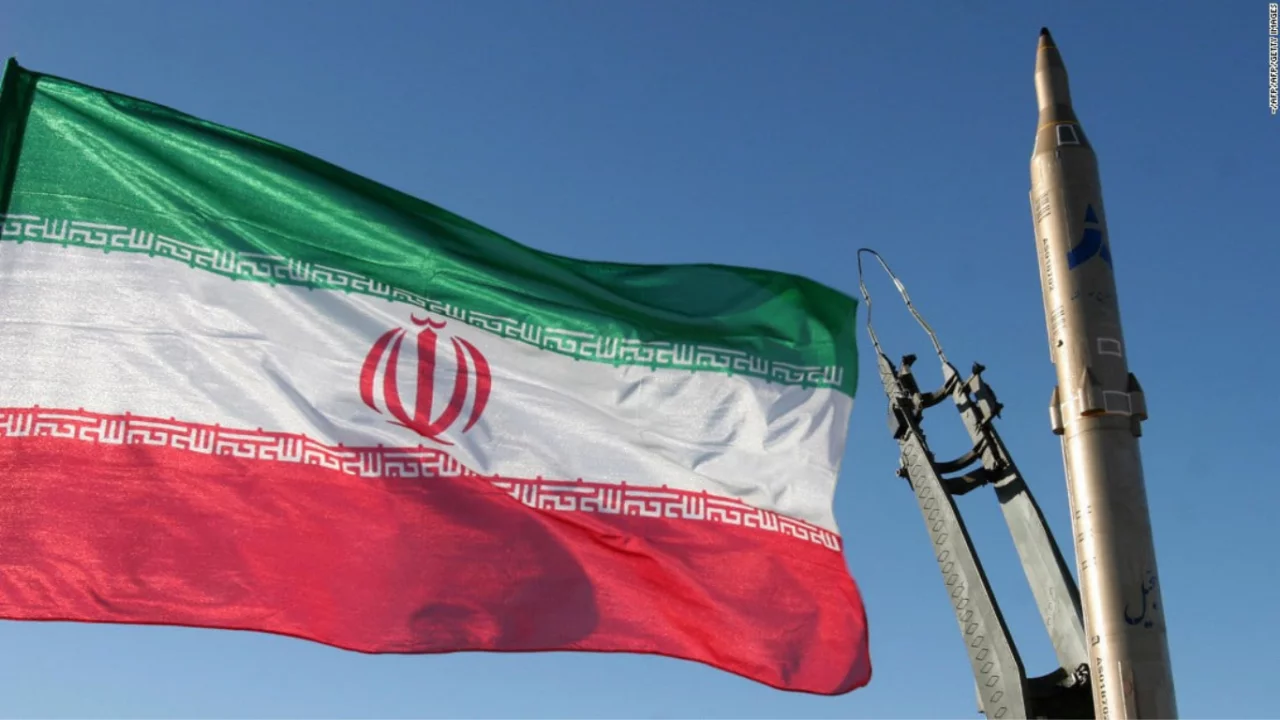Iran May Return to Nuclear Arms: Tensions Escalate Sharply

Iran’s nuclear program has once again taken center stage on the international political scene. According to The New York Times, if the United States launches a military strike on Iran’s underground uranium enrichment facility in Fordo, or if Israel attempts to assassinate the country’s Supreme Leader Ayatollah Ali Khamenei, Tehran may decide to proceed with nuclear weapons development.
Amid growing U.S.-Israel cooperation, security threats concerning Iran are increasing. NBC News reports that Israel’s renowned “Iron Dome” air defense system intercepted only 65% of Iranian missiles in the last 24 hours — a noticeable drop from its previous success rate of about 90%.
This indicates that Israel’s defense capabilities may be weakening amid recent events. As the volume and power of Iranian missile attacks increase, any vulnerability in defense systems could have serious consequences.
Meanwhile, the U.S. government has proposed diplomatic negotiations with Iran. However, Iranian Foreign Minister Abbas Araghchi firmly rejected this initiative. He stated that, in light of ongoing Israeli strikes, there is no possibility for talks at this time.
According to Araghchi, Iran is currently focused on strengthening its defense capacity and preparing for external threats. Therefore, the likelihood of Tehran deciding to develop nuclear weapons is growing.
Experts warn that if Iran officially begins nuclear weapons development, it could drastically shift the geopolitical balance in the Middle East. This would pose a serious threat not only to regional but also to global security.
Conclusion: The situation is becoming more volatile by the day. With mounting military and political pressure from the U.S. and Israel, Iran’s potential return to nuclear ambitions requires close international attention. In many ways, it remains a “ticking time bomb” on the global stage. Read “Zamin” on Telegram!
Ctrl
Enter
Found a mistake?
Select the phrase and press Ctrl+Enter 














